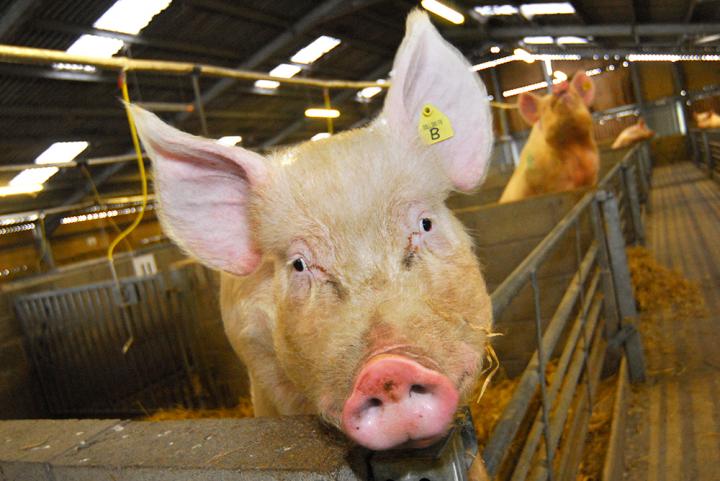Stem cell study could curb need for animal tissue
Insights into pig blood cell development could help limit the use of animals for research.

Researchers are developing a method of generating pig blood cells in the lab, to enable research into important livestock diseases without using large numbers of animals.
A two-year study, supported by the National Centre for the Replacement, Refinement and Reduction of Animals in Research (NC3Rs), will seek to better understand methods for generating white blood cells – macrophages – from pig stem cells in the lab.
These blood cells, which are naturally targeted by infectious viruses, will be used to test vaccines and treatments for highly transmissible viral diseases.
These include the highly contagious and typically fatal African Swine Fever Virus (ASFV), and Porcine Reproductive and Respiratory Syndrome Virus (PRRSV), which costs the global pig industry US$1bn each year.
Development insights
Scientists at the Roslin Institute, together with collaborators in the University of Edinburgh’s Centre for Regenerative Medicine and the APHA, will seek to further fundamental understanding of how specific cells are derived efficiently from stem cells.
The team will examine how white blood cells develop from pig stem cells, to pinpoint key stages as they become blood cells.
They hope to develop a method of arresting cell development, and controlling the final stage of differentiation into white blood cells –a process known as conditional immortalisation.
Such a technology could potentially provide a large-scale, continuous supply of blood cells for the testing and development of therapies, and reduce the need for tissue obtained from animals.
Findings from the £430,000 study could have many applications in studying other viruses or pathogens that infect pigs, such as coronavirus and hepatitis.
The method could be applied to other species, and have a broader impact on livestock research, by reducing animal use in studies, and improving animal health and welfare in research environments and on farms.
The ability to generate a continuous supply of pig blood cells from stem cells in the lab would be a valuable tool in helping to develop vaccines against devastating livestock diseases, with significantly reduced need for tissue from animals.
** The Roslin Institute receives strategic investment funding from the Biotechnology and Biological Sciences Research Council and it is part of the University of Edinburgh’s Royal (Dick) School of Veterinary Studies. **


